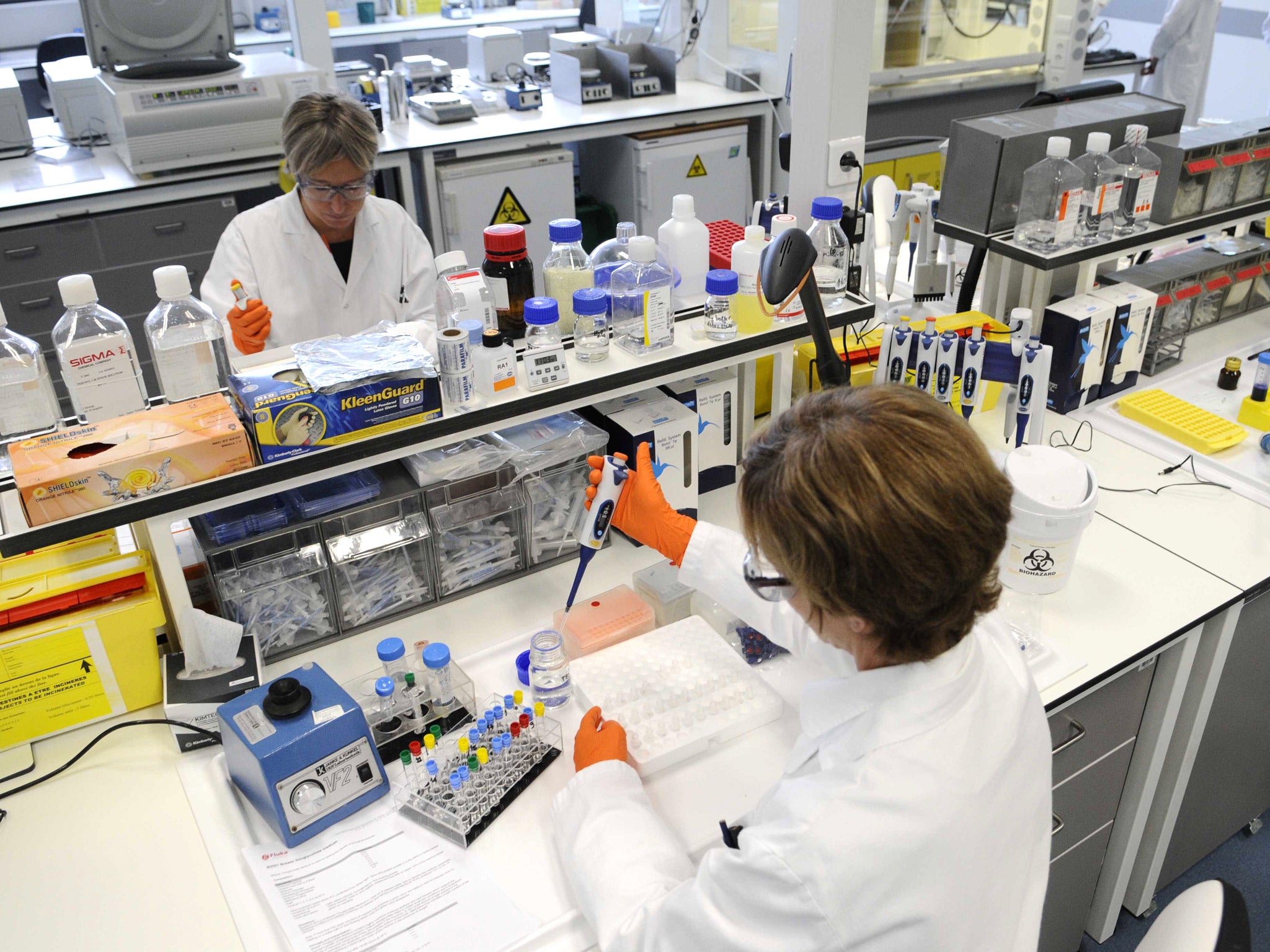GlaxoSmithKline hit by bribery allegations in Poland

GlaxoSmithKline is facing fresh allegation of corruption, with claims that staff bribed doctors to prescribe its medicines in Europe.
As investigations into claims of multi-million bribery by GSK in China and malpractice in Iraq continue, prosecutors in Poland have now charged 11 doctors and one of Glaxo’s regional managers with corruption, according to the BBC’s Panorama programme.
A sales representative in Poland, Jarek Wisniewiski, who worked for Glaxo eight years until 2012, claims doctors in the country were paid to promote the drugmaker’s £4 billion blockbuster asthma drug, Seretide, which is produced in Ware, Hertfordshire.
He claims the drugmaker organised cash payments which were billed as funding for an education programme, while another whistleblower alleged GSK paid medical personnel for lectures which never actually took place.
Krzystof Kopania, spokesman for the public prosecutor in Lodz, said: “We have evidence to claim that in more than a dozen cases it was a camouflaged form of a bribe. In return for the financial gains the doctors would favour the product proposed by the pharmaceutical company and they prescribed that medicine.”
GSK responded that it organised training sessions in Poland as part of a programme “to assist in improving diagnostic standards and medical training” from 2010 to 2012. The group said it had investigated allegations about the conduct of that programme and “found evidence of inappropriate communication in contravention of GSK policy by a single employee [who] was reprimanded and disciplined as a result.”
Chinese authorities are still investigating claims that GSK funnelled up to 3 billion yuan (£291 million) in cash, as well as offering “gifts”, including prostitutes, to doctors and officials in the country to boost sales. Glaxo is also facing claims that it hired Iraqi government doctors and pharmacists, paying them to act as sales representatives to boost revenues for its medicines improperly.
Subscribe to Independent Premium to bookmark this article
Want to bookmark your favourite articles and stories to read or reference later? Start your Independent Premium subscription today.

Join our commenting forum
Join thought-provoking conversations, follow other Independent readers and see their replies